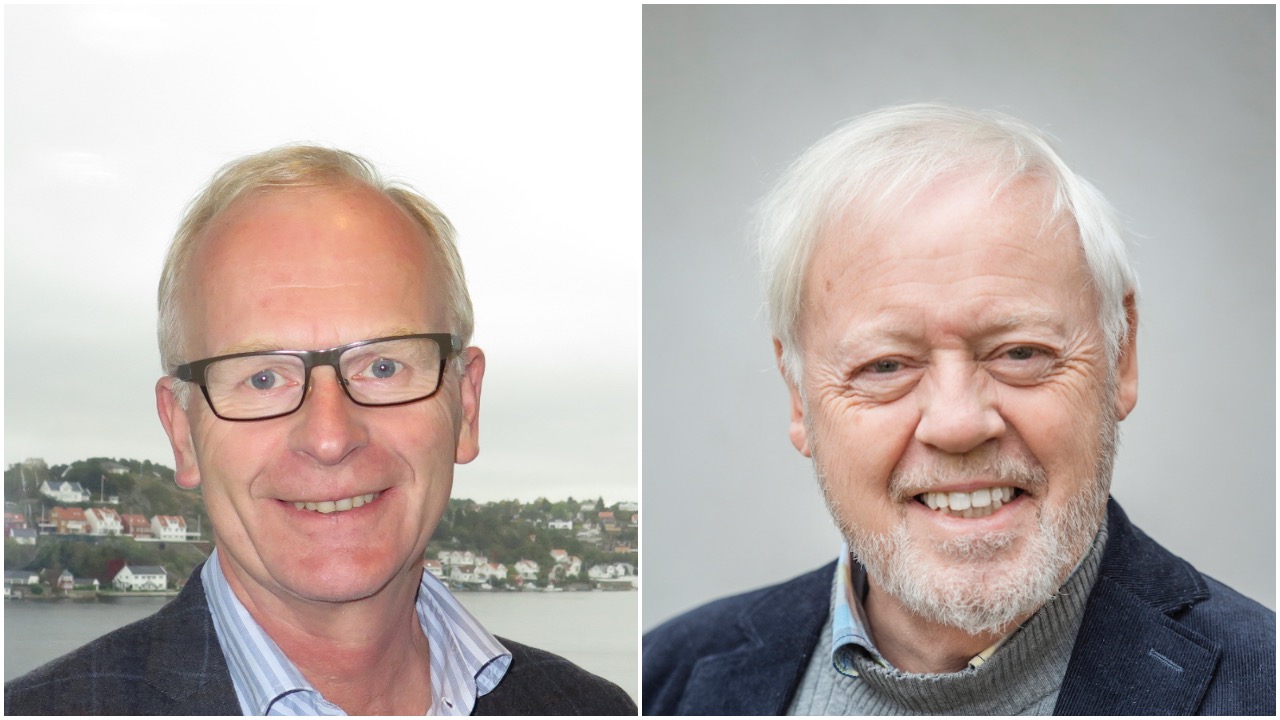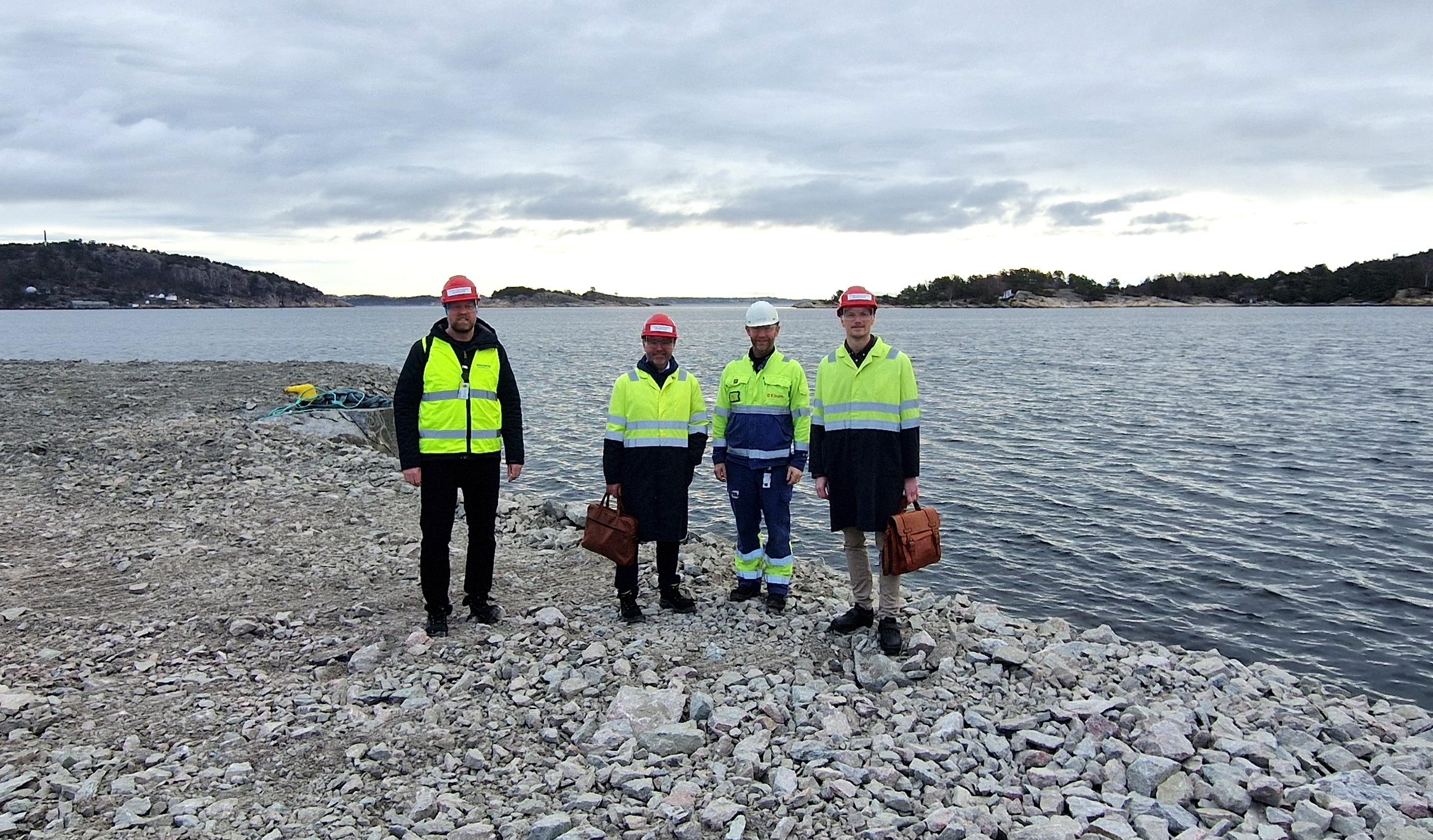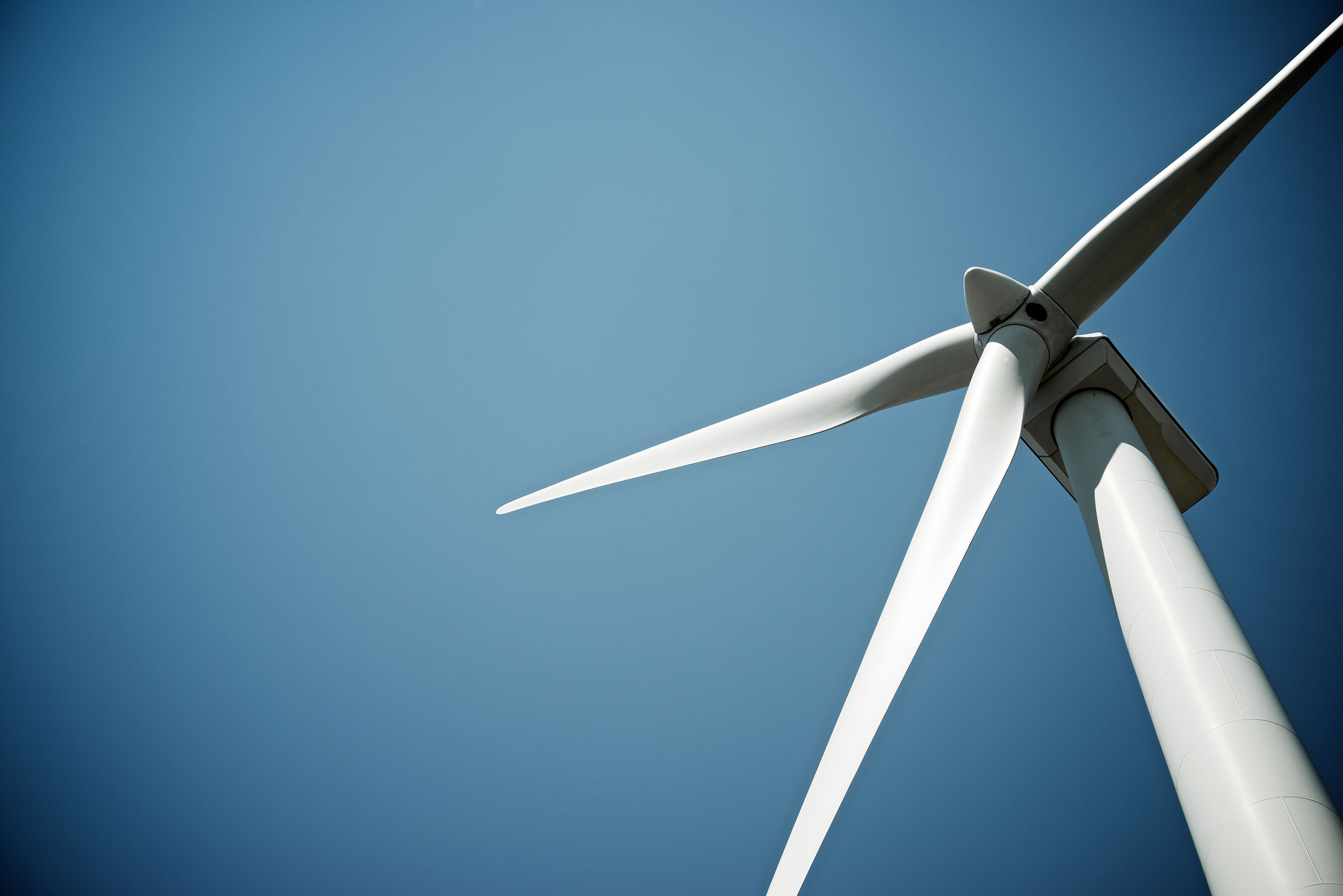The business clusters are calling for six to eight start-up companies that would like to participate in an innovative growth project to develop the industry – and create more jobs – in Southern Norway.
A group of proven entrepreneurs have already agreed to participate as key resources in the project.
POWER COUPLES
“Norway has a good track record for establishing new businesses, but we seldom succeed well in developing new global growth companies. This projects aims to contribute to change this,” says Magne Dåstøl, Project Manager at GCE NODE.
Through the establishment of six to eight ‘Power Couples’, that is a coupling of well-established companies with start-ups/scale-ups, the goal is to develop and validate a methodology for further use among clusters in Norway.
“We want to test and develop a growth strategy based on the MIT REAP project in Boston. In REAP, the focus has shifted from ‘number of startups’ to ‘businesses with growth potential’, so-called scale-ups, “says Gunnar Kulia, Project Manager at Eyde Cluster.
Close interaction between entrepreneurs, venture capital, established companies, governments and universities is important for local economic development. It also involves the exchange of experience with clusters in Ålesund, Bergen and Stavanger, which also take part in this project.
Kulia and Dåstøl will work closely with the University of Agder in this innovative growth project supported by Innovation Norway.
FOUR MEETINGS
Initially, the goal is to identify eight companies. We are looking for small and medium-sized enterprises, with at least five employees. They are expected to create the best ripple effect. Mentoring assistance from experienced entrepreneurs provides in four meetings aims to assist in the companies’ development and growth.
Dåstøl and Kulia hope the project will encourage increased entrepreneurship in clusters.
“We might uncover opportunities for smaller businesses to engage with larger companies, where one can deliver a service to the other,” says Dåstøl.
“We are specifically looking to identify scale-ups, that is companies that have come a little further in the development of their business, and which have a potential for growth in the international market space. We are looking for small and medium-sized enterprises with a unique business concept,” says Kulia.
Dåstøl and Kulia constitute the project team. Dåstøl has extensive technical expertise. He was pivotal in the development of microsilica to a new, pioneering billion Kroner business for Elkem. He was also the first chairman of CDFSN and is recognized in the entrepreneurial environment. Kulia holds an MBA and has worked with international technology commercialization. He spent five years as CEO of the entrepreneurial company Metallkraft, with global growth from 5 to 200 employees and operations in Norway, China and Singapore.
INTERESTED?
Please contact Magne Dåstøl or Gunnar Kulia.
ABOUT MIT REAP
GCE NODE and a representative from Eyde Cluster participate in the MIT REAP project, which also includes the Norwegian industrial clusters in Ålesund, Bergen and Stavanger. REAP stands for Regional Entrepreneurship Acceleration Programme and is a 2-year expertise and development program in which MIT and Professor Torger Reve hold key roles. Central in the project are MIT observations on what are necessary parts of the entrepreneurial ecosystem, which helps promote new knowledge-based companies and create new jobs.



